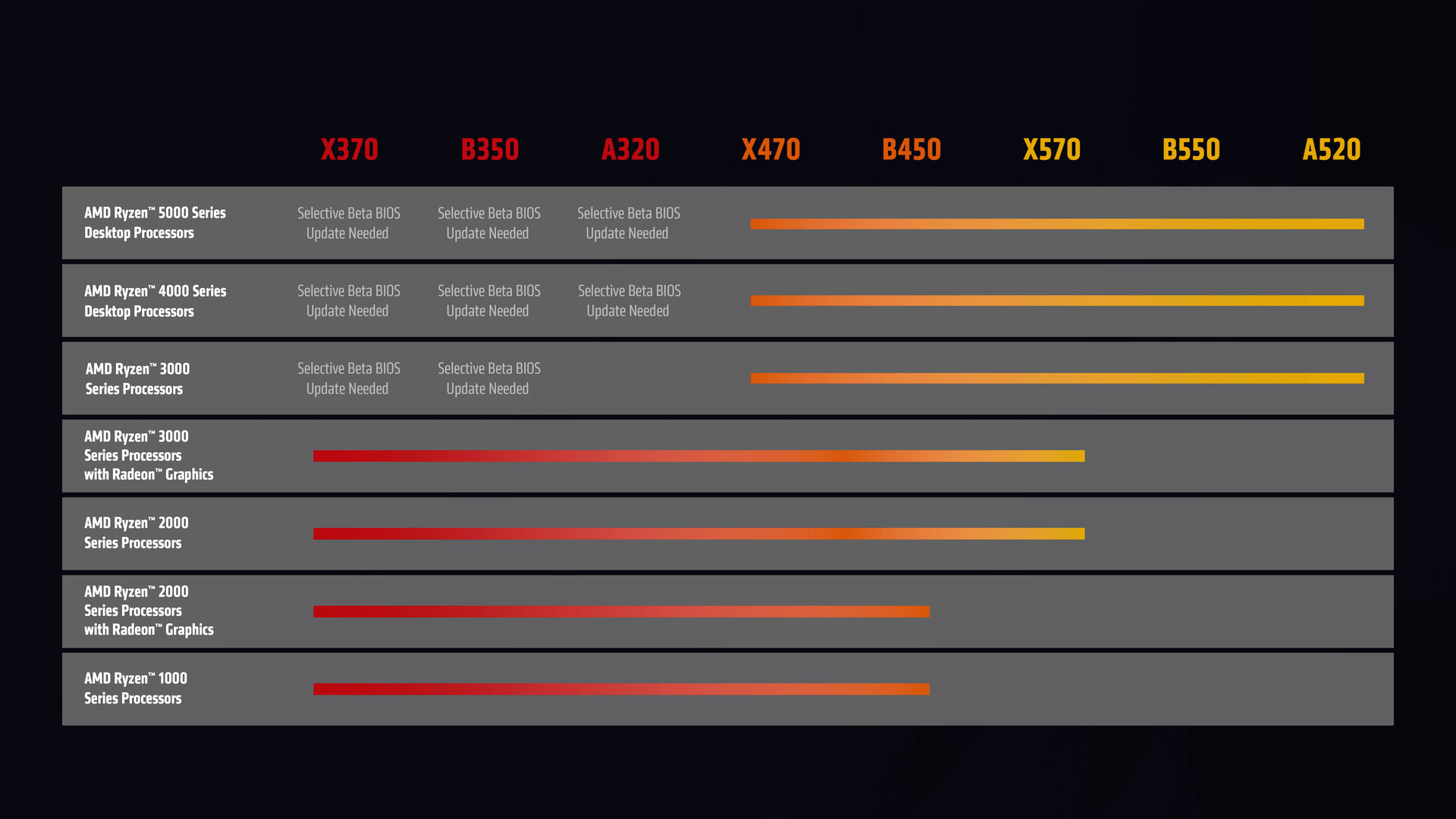
As you will surely remember, AMD announced yesterday the prices and date of commercialization of seven new integrated. One of them, the Ryzen 7 5800X3D, had already been announced at the beginning of the year, while the other six had been leaked a few days earlier and are AMD’s response to the good performance that Alder Lake is having in the market. A clever and interesting move that is nonetheless just an appetizer compared to what we expect from the next generation of chips from Santa Clara.
Now, although obviously most eyes point to the future, the company has surprised us, and for good, looking back, specifically towards users with computers that are already a few years oldin order to provide them with a partial update of their equipment, which does not involve a huge economic investment, but which does translate into a significant leap in the performance of said systems.
Thus, and although it was not an expected movement, AMD confirmed yesterday that users who have computers with 300 series chipsets (A320, B350 and X370) They will be able to make the leap to Ryzen 4000 and Ryzen 5000 series processors. A very important jump, because let’s remember that until now the A320 chipset support only reached up to Ryzen 2000, while B350 and X370 could jump up to Ryzen 3000, but only if the motherboard manufacturer provided support for it.
Let us remember that the 300 series, made up of the three models indicated above, together with the A300, B300 and X300 aimed exclusively at embedded solutions and the OEM market, it was released in 2017, five years ago, hand in hand with the integrated Ryzen 1000 and the AM4 socket. A socket that already has its days numbered, because from the hand of Zen 4 AM5 (LGA1718) will also arrive, the new socket, which will be accompanied by the new 600 series chipsets.
Therefore, any jump to that future generation will implicitly, yes or yes, change the motherboard, and therefore also part of the system components. With this move, AMD makes it much easier for users of older computers who, for now, wish to take a leap in the performance of their systemshoping that the new architecture will already be generalized, in some time.
Now the support, yes, It’s up to the motherboard manufacturers., which will have to update the BIOS software on their motherboards so that users can install more current AMD processors. ASUS has already announced that it will publish updates for its boards on March 25, and we can hope that the rest of the manufacturers will not take long to join.




